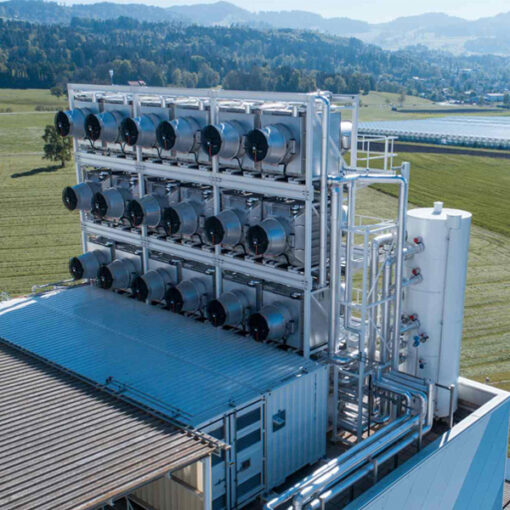New CCCL Paper: Envisioning Resilient Electrical Infrastructure
by Sam Nierop, Visiting Scholar
Only last week, a powerful storm left thousands without access to electricity across Europe.[1] Last year, Hurricane Sandy left more than 8 million people without power in the Northeastern United States.[2] As climate change amplifies the frequency and severity of storms, heat waves and other weather extremes, the electricity sector needs to act now to protect itself against future climate impacts. A new white paper released by the Center for Climate Change Law examines a policy framework that could be used to incorporate future climate change into electricity sector planning.
The white paper argues that climate change resilience in the electricity sector is best served by a policy process that is led by utilities, but informed by intensive cooperation between utilities, utility regulators, local and supralocal governments. A collaborative process is essential, because adaptation measures need to be tailored to regional circumstances and many types of resiliency measures require governmental approval. Involvement of all these actors will facilitate selection of the most sustainable and cost-efficient measures. Moreover, a collaborative process could provide utilities with climate-related knowledge available in governmental departments, as well as facilitate the funding of resiliency measures.
The proposed process would start with electrical climate change impact assessments, in which utilities assess to what extent their assets are vulnerable to climate change. These assessments could be incorporated into regular reports on infrastructure reliability and investments. Based on these assessments, electrical climate change adaptation plans should be formulated through cooperation between utilities, utility regulators, municipalities and supralocal governments. These plans would address the existing weaknesses in the electrical infrastructure and would help to establish the future benefits and avoided costs of resiliency measures. The whole process should be supported by legislation, so that utilities are required to carry out these procedures periodically.
The white paper was written under the supervision of Michael Gerrard and Ethan Strell, and can be found on the CCCL web page: https://web.law.columbia.edu/climate-change.
[1] BBC News, Deadly Storm And Tidal Surge Batter Northern Europe, Dec. 6, 2013, https://www.bbc.co.uk/news/world-europe-25243460.
[2] U.S. Department of Energy, Hurricane Sandy Situation Report # 5, Oct. 30, 2012.



